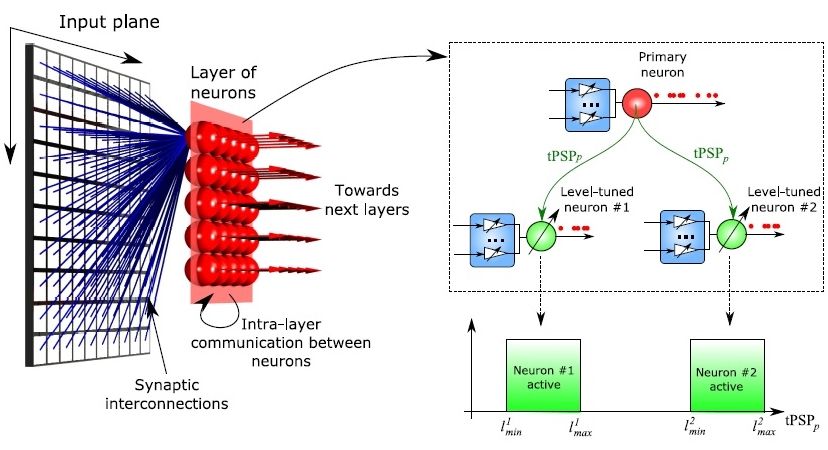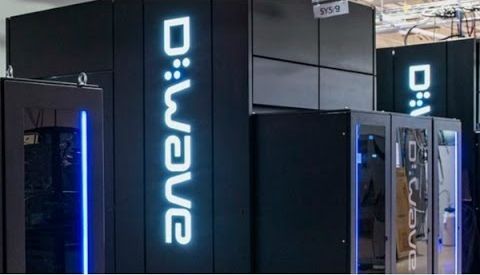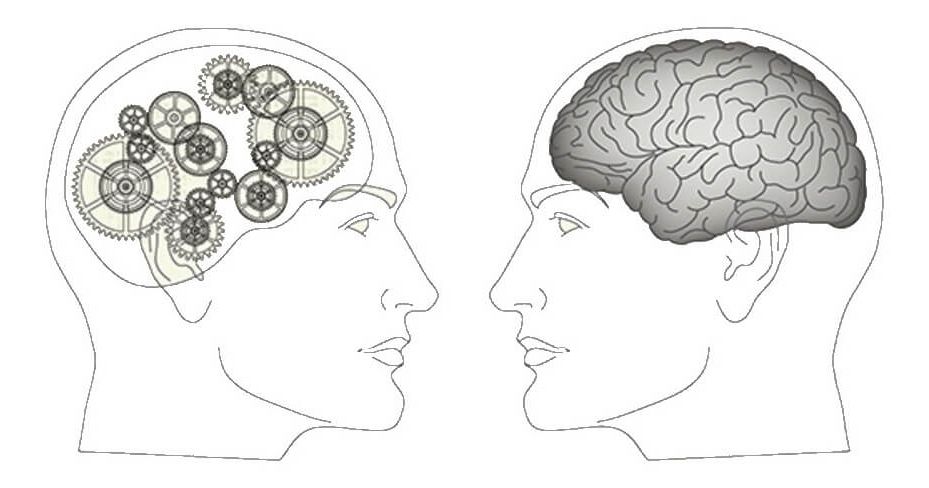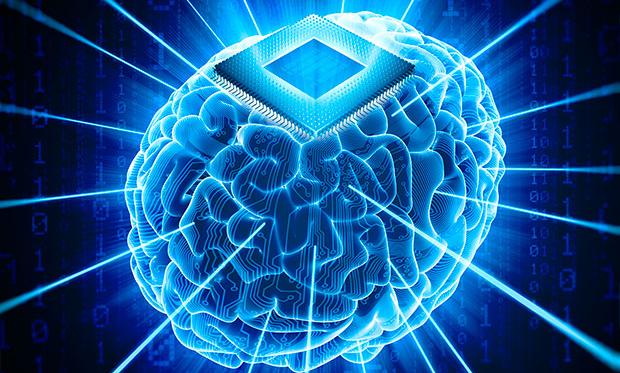Aug 18, 2016
NASA just made all the scientific research it funds available for free
Posted by Sean Brazell in categories: policy, space
NASA just announced that any published research funded by the space agency will now be available at no cost, launching a new public web portal that anybody can access.
The free online archive comes in response to a new NASA policy, which requires that any NASA-funded research articles in peer-reviewed journals be publicly accessible within one year of publication.
“At NASA, we are celebrating this opportunity to extend access to our extensive portfolio of scientific and technical publications,” said NASA Deputy Administrator Dava Newman. “Through open access and innovation we invite the global community to join us in exploring Earth, air, and space.”
Continue reading “NASA just made all the scientific research it funds available for free” »

















